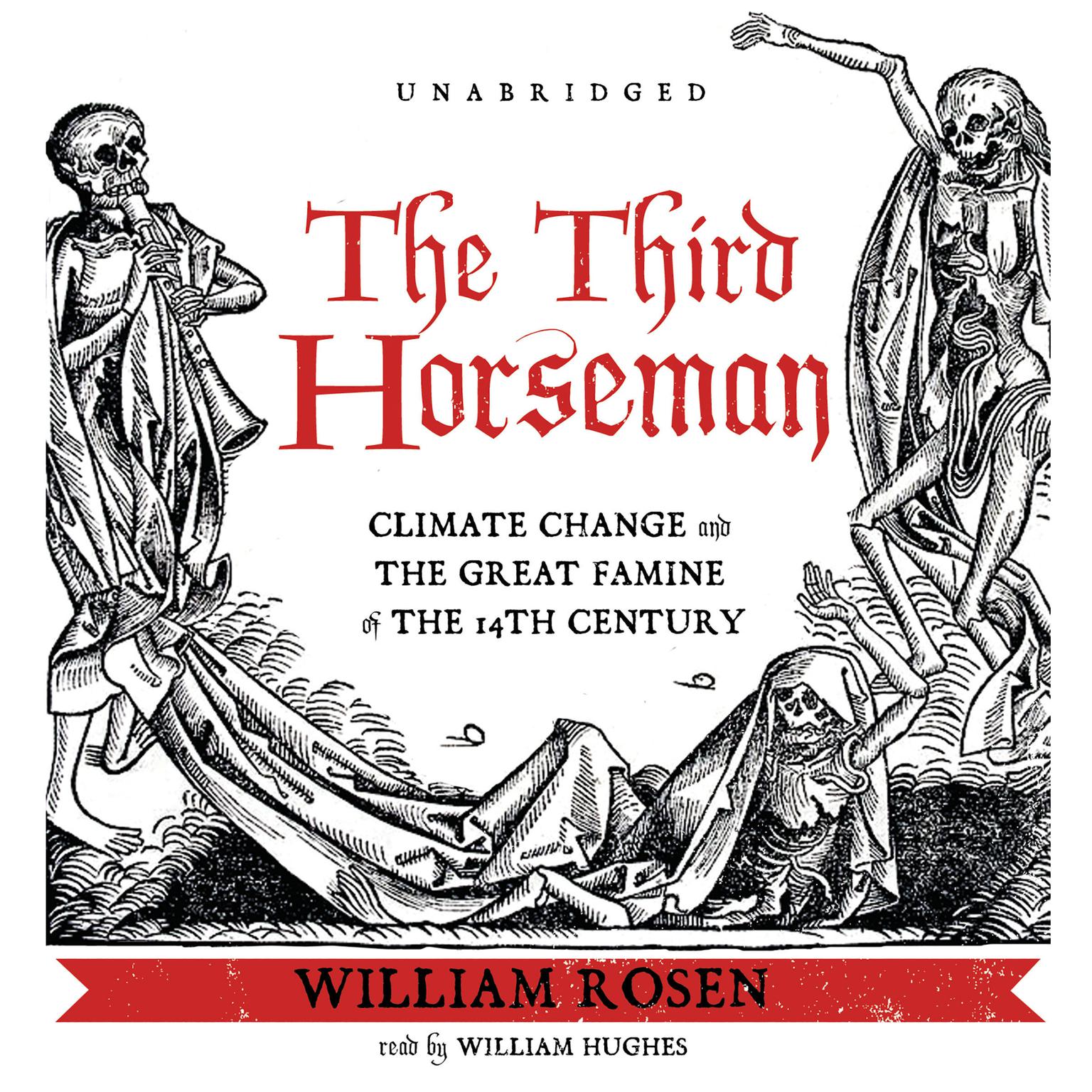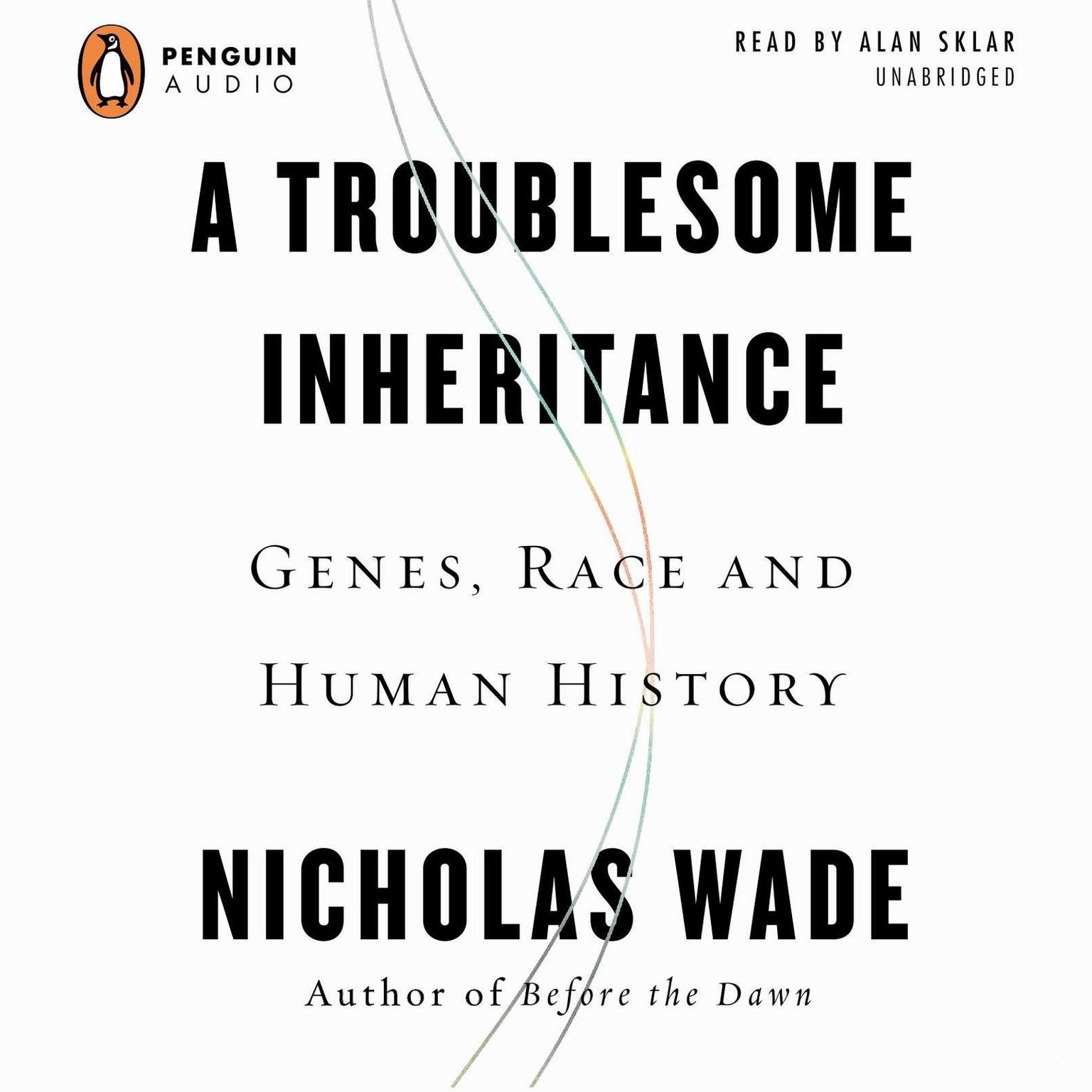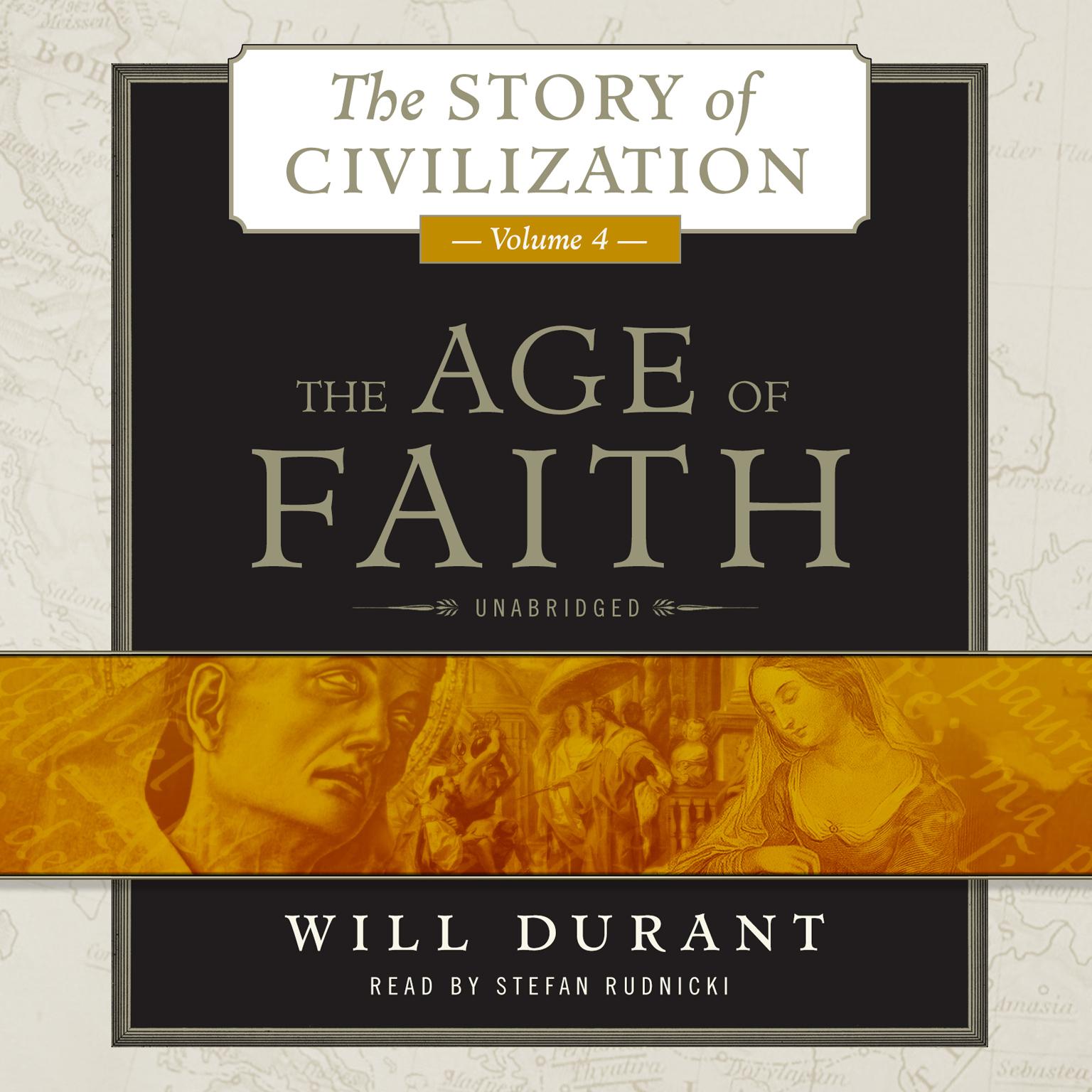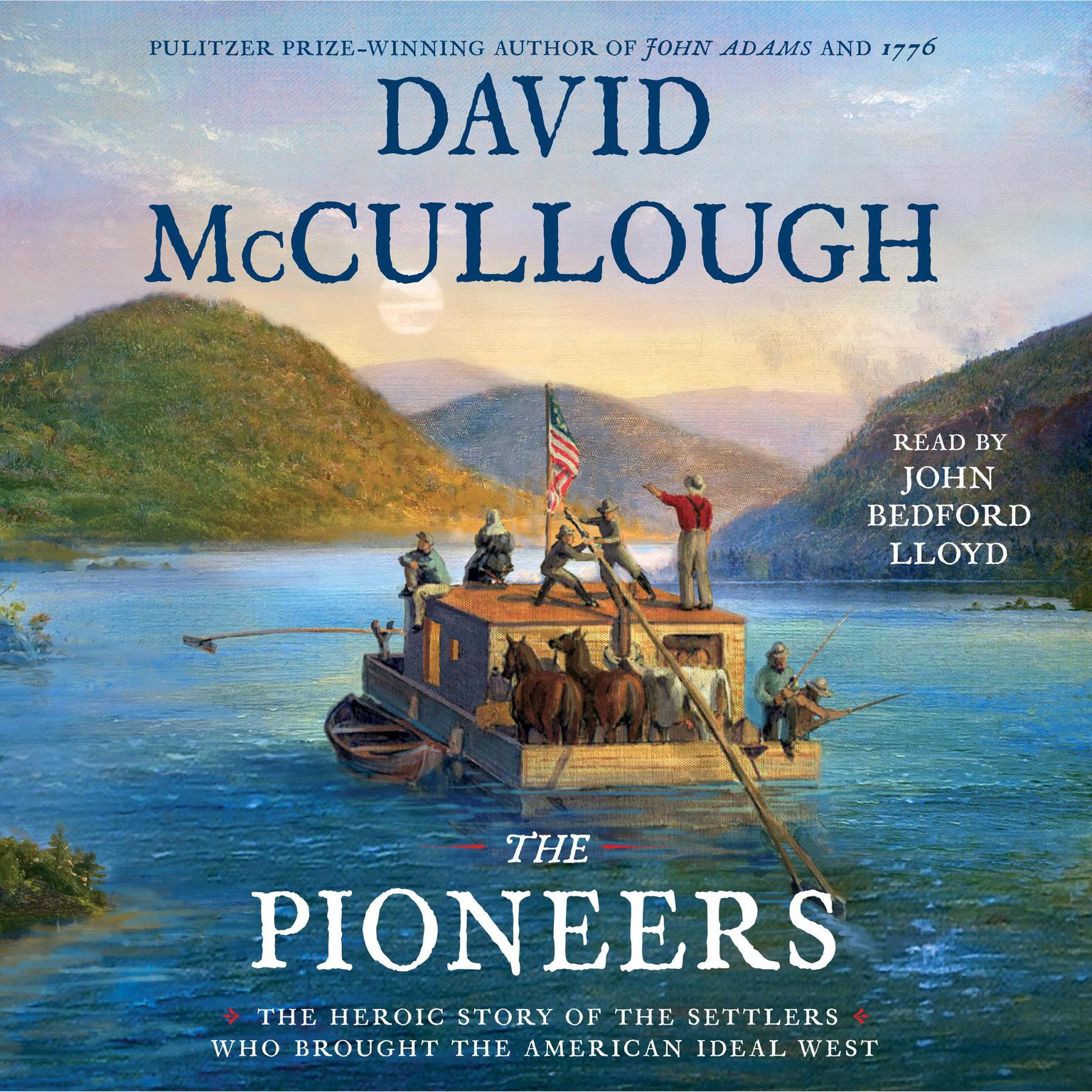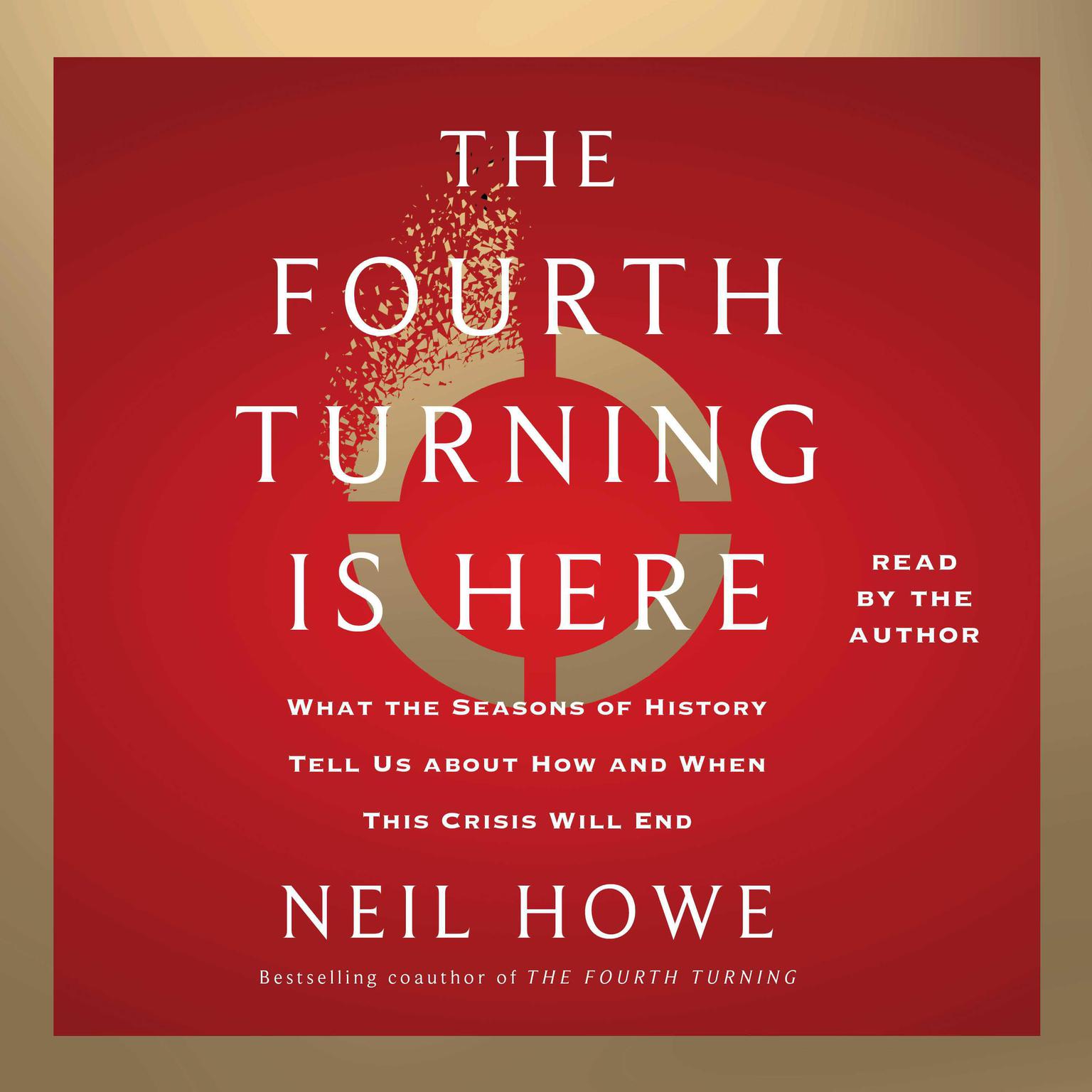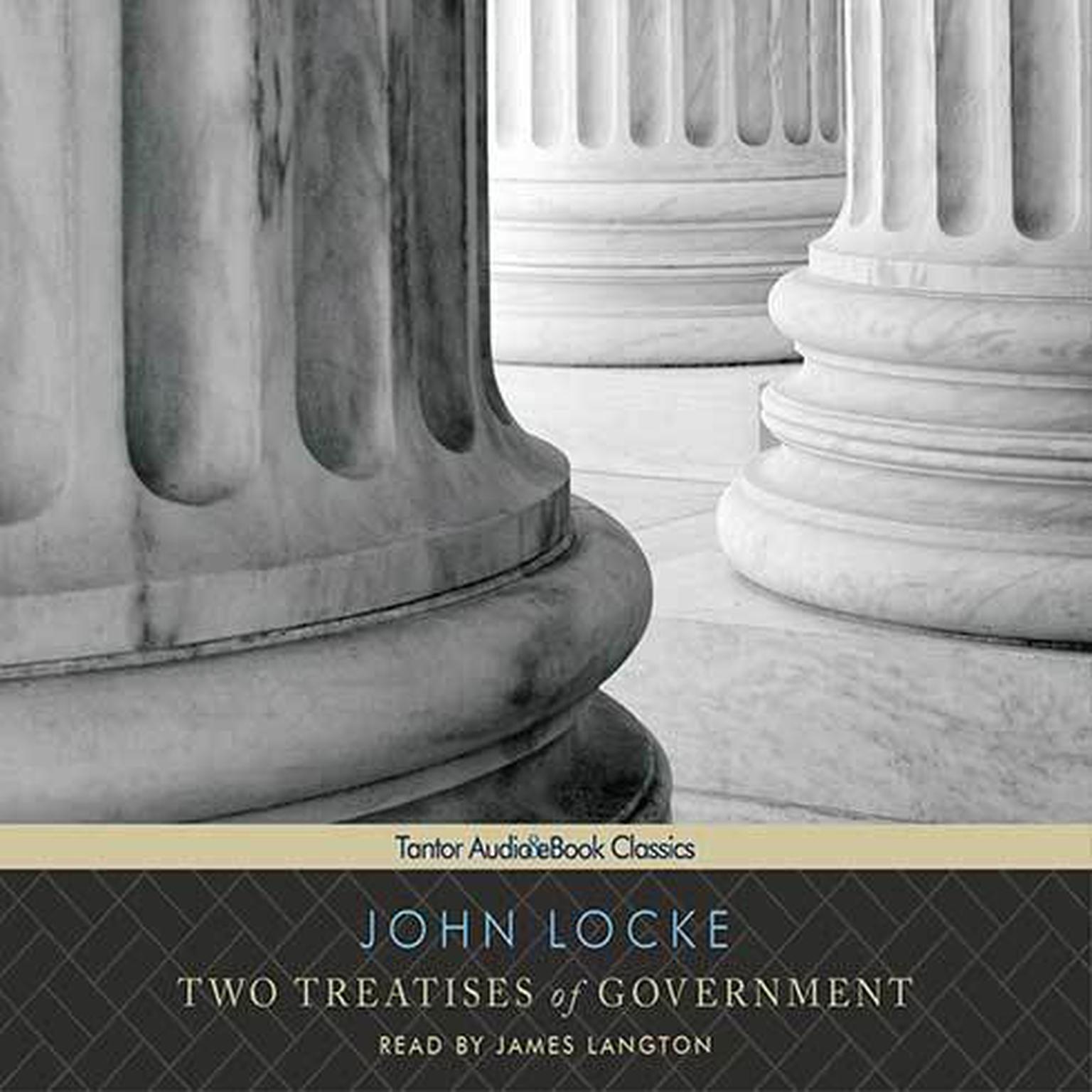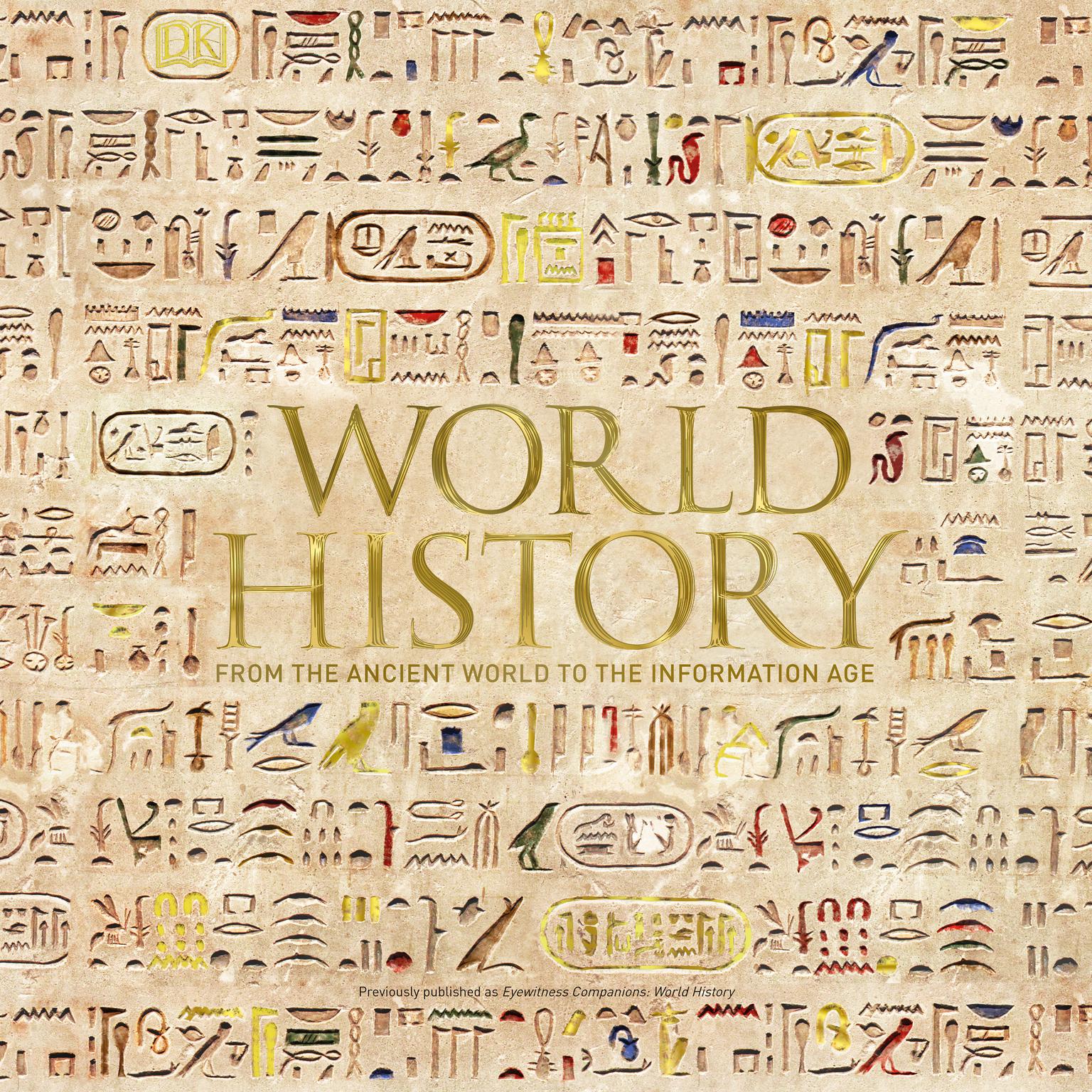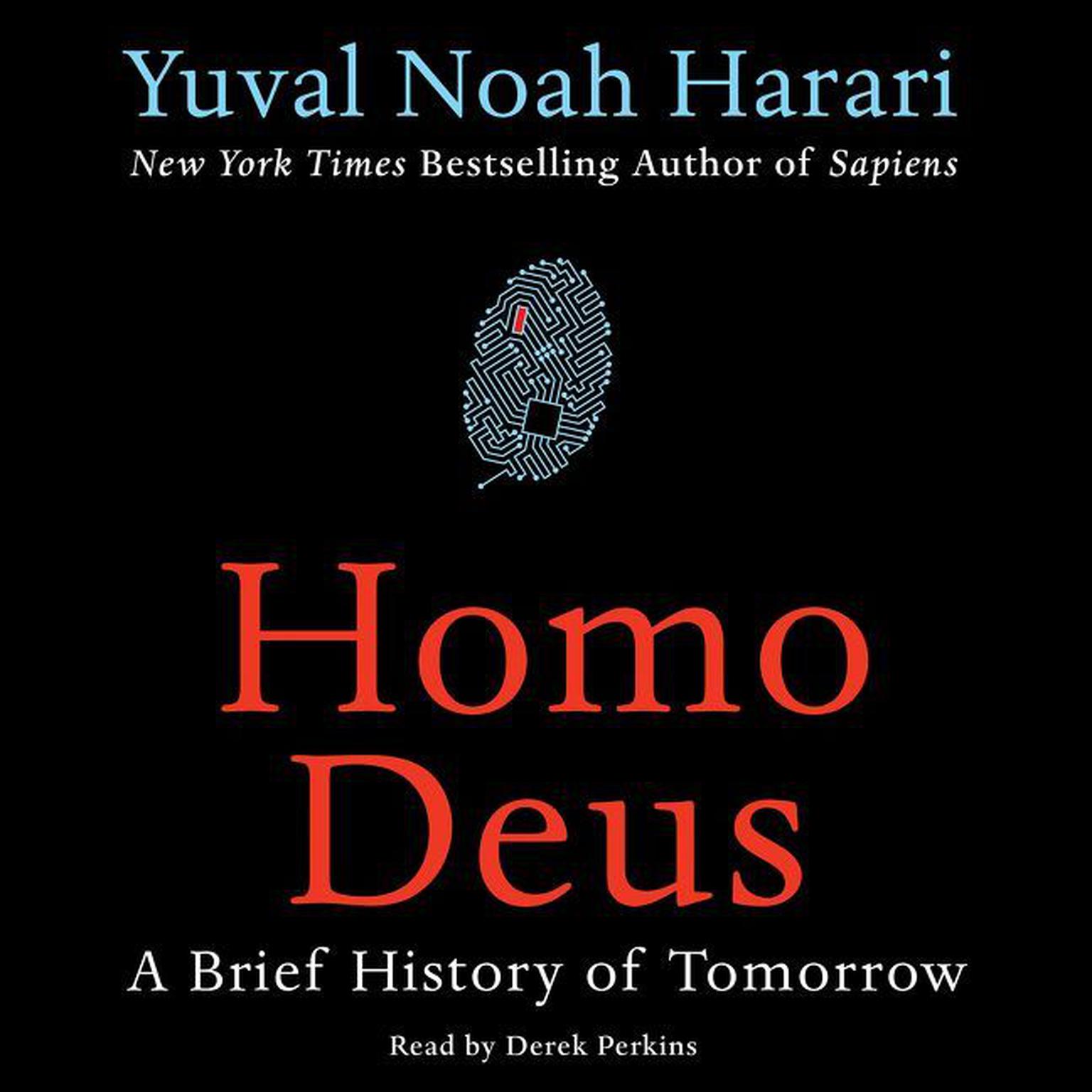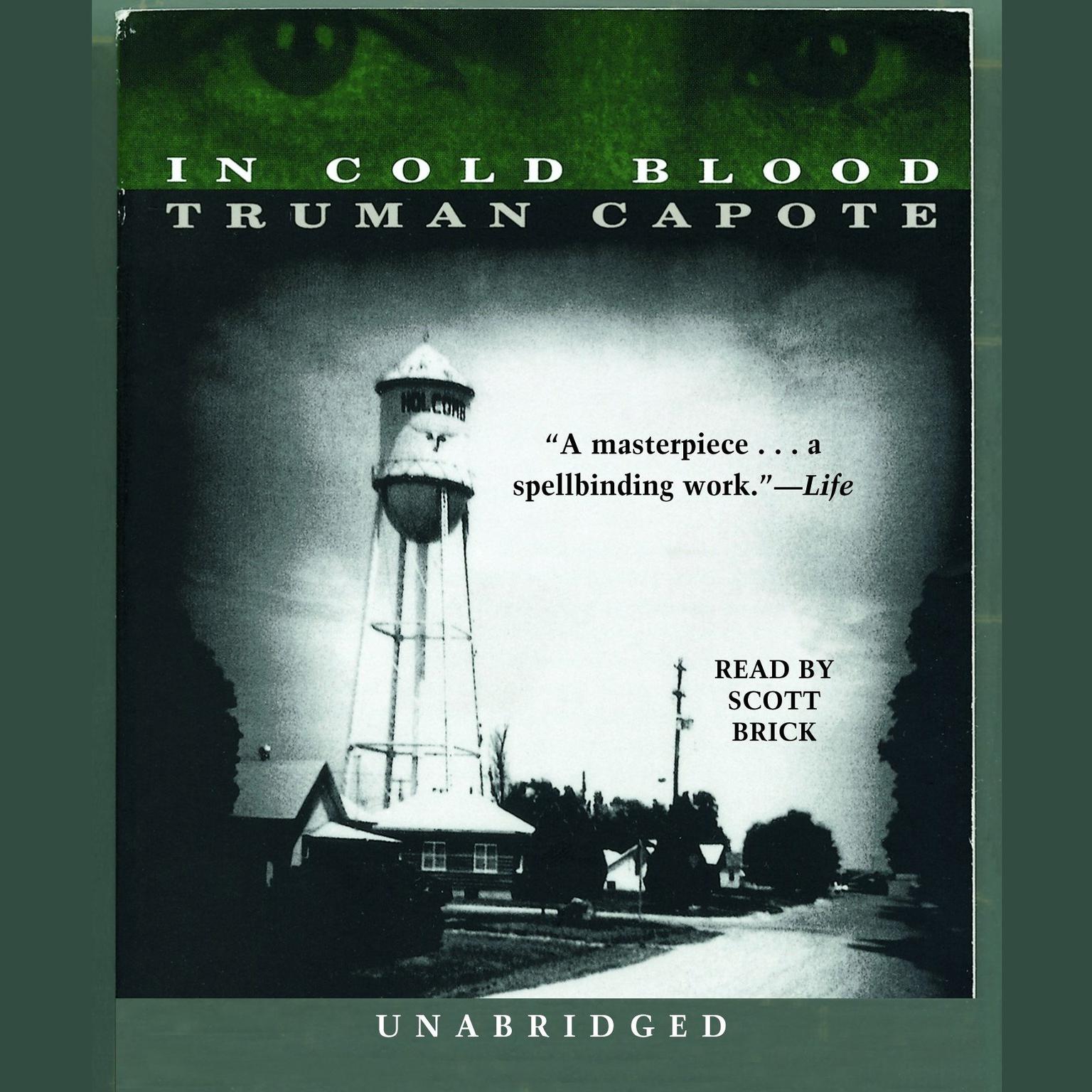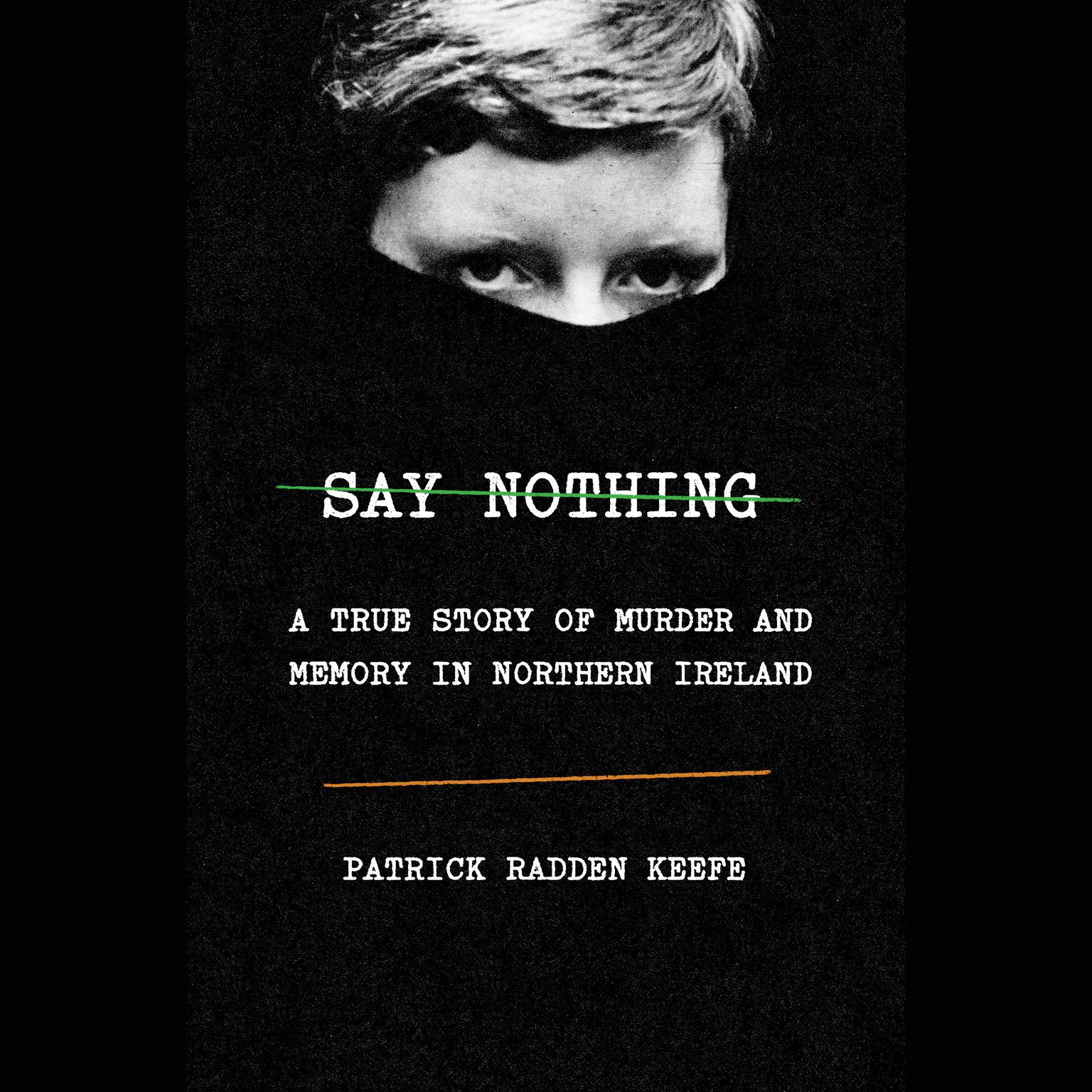Publisher Description
How a seven-year cycle of rain, cold, disease, and warfare created the worst famine in European history
In May 1315 it started to rain. It didn’t stop anywhere in north Europe until August. Next came the four coldest winters in a millennium. Two separate animal epidemics killed nearly 80 percent of northern Europe’s livestock. Wars between Scotland and England, France and Flanders, and two rival claimants to the Holy Roman Empire destroyed all remaining farmland. After seven years, the combination of lost harvests, warfare, and pestilence would claim six million lives—one eighth of Europe’s total population.
William Rosen draws on a wide array of disciplines, from military history to feudal law to agricultural economics and climatology, to trace the succession of traumas that caused the Great Famine. With dramatic appearances by Scotland’s William Wallace, the luckless Edward II, and his treacherous Queen Isabella, history’s best-documented episode of catastrophic climate change comes alive, with powerful implications for future calamities.
Download and start listening now!
“Erudite rendering of the cataclysmic climate changes wrought at the start of the fourteenth century. Rosen delights in the minutiae of history, down to the most
fascinating footnotes. Here, the author delivers engrossing
disquisitions on climate patterns and dynastic entanglements between
England and Scotland (among others), and he posits that the decisive
advent of cooler, wetter weather in the early fourteenth century signaled the
beginning of the end of the medieval good times…A work that glows from the author’s relish for his subject.”—
Kirkus Reviews
